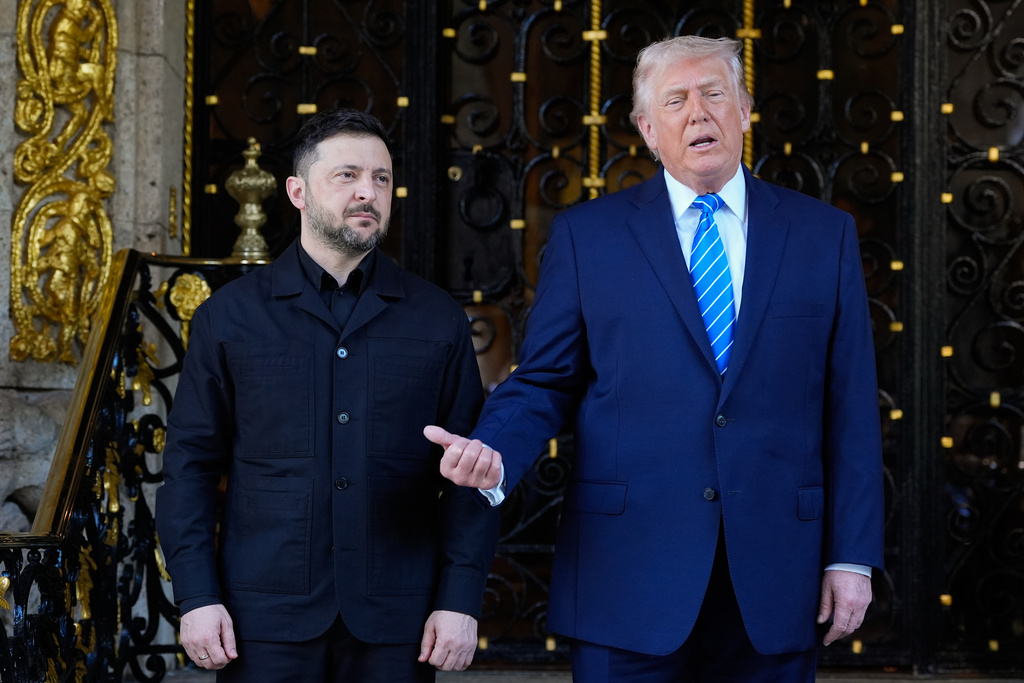The debate on self-driving legislation doesn't seem to be between Republicans and Democrats.
The U.S. House of Representatives passed a bill Wednesday for autonomous vehicles with bipartisan support.
But the Self Drive Act doesn't give states as much of a say on safety.
States would still handle vehicle registration, but the bill says they can't make laws on the "design, construction, or performance" of self-driving cars.
State officials have argued federal guidelines are less strict and don't guarantee safe roads.
For instance, in its first year of being implemented, the Self Drive Act would allow manufacturers to put 25,000 self-driving cars on the road that don't meet the safety standards for normal cars.
But technology and car companies have argued state laws would give a mixed bag of rules that'd hamper innovation and make it hard for passengers to cross borders.
Some analysts and lawmakers have argued self-driving cars are going to become more common and that the first country to draft legislation will become a leader in the tech.
Critics have said they're worried safety could be less of a focus as companies rush to sell self-driving cars on a larger scale.
But it may be awhile before a federal law is on the books. As of Wednesday, the Senate was planning to release its own bill.
In a bipartisan statement of principles, senators argued "traditionally, the federal government has regulated the vehicle itself, while states have regulated driver behavior."




 You've Heard Of Self-Driving Cars, But How About Autonomous Ships?
You've Heard Of Self-Driving Cars, But How About Autonomous Ships?






